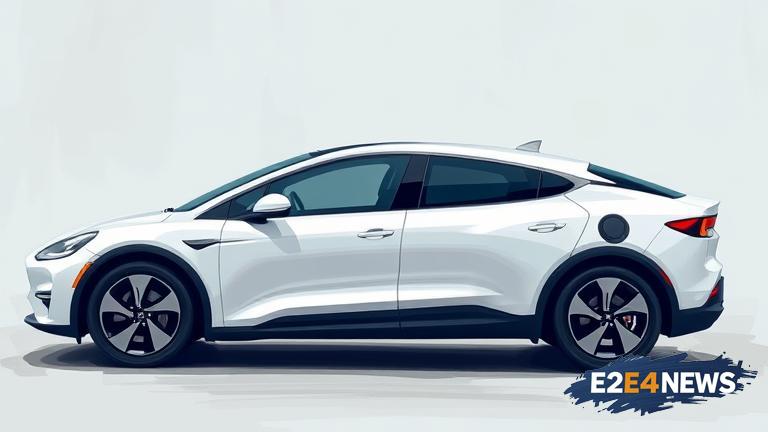The Indian government has announced a comprehensive plan to promote the adoption of electric vehicles (EVs) in the country. The plan, which is part of the government’s efforts to reduce greenhouse gas emissions and improve air quality, includes a range of incentives and investments in EV infrastructure. According to reports, the government plans to offer subsidies to EV manufacturers, as well as to consumers who purchase EVs. The subsidies are expected to be in the form of tax exemptions and rebates, and will be available for both personal and commercial vehicles. In addition to the subsidies, the government also plans to invest in the development of EV charging infrastructure, including the installation of charging stations along highways and in urban areas. The government has set a target of having at least 30% of all new vehicle sales be electric by 2030. To achieve this target, the government plans to work with state governments and private companies to develop EV-friendly policies and infrastructure. The plan also includes provisions for the development of EV manufacturing hubs, as well as for the training of workers in the EV sector. The government has also announced plans to promote the use of EVs in public transportation, including buses and taxis. The use of EVs is expected to reduce greenhouse gas emissions and improve air quality in urban areas, and will also help to reduce the country’s dependence on fossil fuels. The plan has been welcomed by the automotive industry, which sees it as a major opportunity for growth and development. Several major automakers, including Tata Motors and Mahindra & Mahindra, have already announced plans to launch new EV models in the Indian market. The government’s plan is also expected to create new job opportunities in the EV sector, including in manufacturing, sales, and maintenance. However, some experts have expressed concerns about the feasibility of the plan, citing the high cost of EVs and the lack of charging infrastructure in many parts of the country. Despite these challenges, the government remains committed to its goal of promoting the adoption of EVs, and is working to address the concerns of consumers and manufacturers. The plan is part of a broader effort by the government to promote sustainable development and reduce the country’s environmental impact. The government has also announced plans to invest in renewable energy and to promote the use of green technologies. The use of EVs is expected to play a major role in reducing greenhouse gas emissions and improving air quality in urban areas. The plan has been praised by environmental groups, which see it as a major step forward in the country’s efforts to address climate change. Overall, the government’s plan to promote the adoption of EVs is a major development for the Indian automotive industry, and is expected to have a significant impact on the country’s environment and economy. The plan is a key part of the government’s efforts to promote sustainable development and reduce the country’s environmental impact. The government is working to address the challenges facing the EV sector, including the high cost of EVs and the lack of charging infrastructure. With the right policies and investments in place, the government is confident that it can achieve its goal of having at least 30% of all new vehicle sales be electric by 2030.
